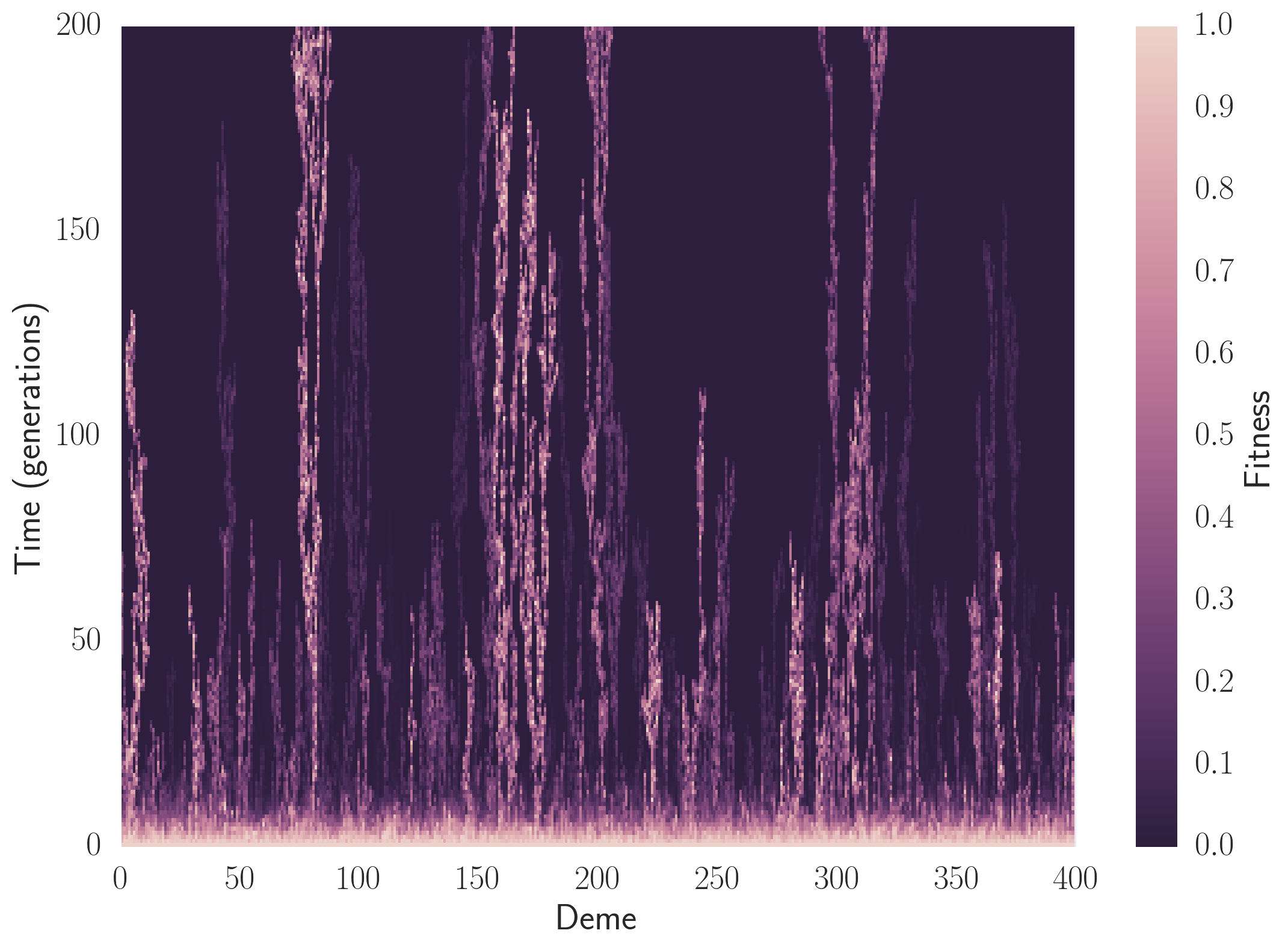Computation

GitHub Projects
During my PhD, I wrote hundreds of IPython/Jupyter notebooks and created over 30 GitHub repositories to solve all sorts of interesting problems related to my research. In the links below (blue), I discuss and illustrate the usage of several of my projects. The repositories that I created can roughly be separated into two categories:
1. Data Analysis Repositories
These repositories help me analyze and parse my experimental data. They focus on extracting data from thousands of images and large tabular datasets. In general, the experiments I studied displayed many stochastic features, so I had to analyze my data and extract probabilistic information such as correlations, various moments, etc. I believe such probabilistic analysis will be useful in my future career. Most of the repositories utilize object oriented code.
2. Scientific Computing Repositories
These repositories are fast numerical simulations to help me gain an understanding of the physics governing my experiments. In these repositories, I extensively utilized GPU computing and efficient single-threaded code. The Harvard Institute for Applied Computational Sciences awarded me a $25,000 scholarship to further develop one of my favorite scientific computing projects, a 2-dimensional GPU-powered Lattice Boltzmann Fluid Mechanics Simulator. Like the above, almost all repositories use object-oriented code.
My Favorite Programming Tools
I have used many different scientific computing tools over the years but Python-based tools are consistently my favorite. Python is easy to use and is easy to link to faster languages such as C, C++, and OpenCL/CUDA. During my thesis, virtually every project I used included some combination of the below tools (see the above repositories for concrete examples):
IPython/Jupyter notebook-
matplotlib,seaborn -
numpy,scipy -
pandas(tabular data) -
scikit-image(for image processing) -
pymc3(mostly for fitting parameters and estimating their likelihood with monte carlo techniques) -
cythonand the GNU Scientific Librarycython_gsl(when I need my analysis to go fast) -
PyOpenCLandPyCudafor GPU and multi-threaded computing (when I need my analysis to go even faster!)
I am experienced C, C++, Java, Matlab, and Mathematica programmer as well.